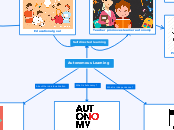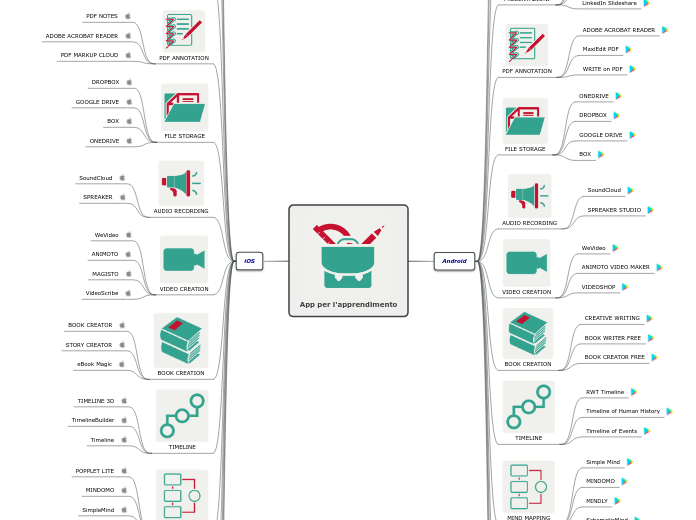Training
Type in the name of the company you are going to have an interview with.
Role of Computers in Learning
Allow them to learn at the time that suits them the best
Saving in term og logistic cost
How would you describe yourself?
Type in a short description.
Describe yourself
Allow them to learn at the speed that suits them the best
What are your hobbies?
What do you like to do in your free time? What was the last film you saw or the last book you read? Think of the activities that relax you the most. Fill in several hobbies.
Hobby
Learning Principles
Learning is faster in teams
Feedback or knowledge of results is essential
What experience have you got from your previous jobs? Make sure you specify all your previous work experience, part-time jobs, vacation jobs, voluntary work, and unpaid work experience that are relevant for the position you are applying for.
Experience
Activelearning is more effective than passive learning
Describe a typical work day in your previous/current position.
Typical day
Must have willingness to learn
Why will/did you leave your existing/last job?
Reason
Level of Analysis
Do you fully understand what this position implies?
After you've made some research on the company, read the job description thoroughly, and try to fully understand what your responsibilities will be.
Individual Level
What would you do on the first day?
What about the first week(s)? Fill in some of the actions that you are planning to take.
Step
Operations Level
What do you think the main challenges will be?
Type them in.
Challenge
Organizational Level
What will be your main tasks?
Type them in.
Responsibility
Systematic Approach to Training
How ambitious are you?
Evaluate the programme
Implement program
Develop training programme
Where and how do you see yourself in 5 years time?
Type in the answers.
Vision
Set training objectives
What are your long-term goals ?
Type them in.
Long-term goal
Identify training needs
What are your short-term goals ?
Type them in.
Short-term goal
Methods to Use
Active or Passive
A.S.K Model
Benefits Of Training
Are you qualified for this position?
Interviewers will want to know whether or not you are able to do the job.
Answer the questions from this section and see if you are the right person for this position.
Helps to motivate workers
What can you do for this job that other candidates can't? Why?
Differentiating aptitude
Keeps workers up-to-date
Which qualities were easily observed by your colleagues and/or your former/existing boss?
Type them in.
Observed qualities
Increases worker productivity
What are your weaknesses?
Examples:
stubbornoverly critical, can't accept authoritytoo demandingtoo talkativetoo quiettoo sensitivelacking assertivenesslacking social tact
Weakness
How do you work on overcoming these weaknesses?
Type in a short explanation.
Attract and help to retain talented workers
What strengths qualify you for this job?
Example:
ambitiousgood communicatorfocuseddeterminedadaptablecuriousoptimisthard workerhonestpoliteco-operativeself motivatedenthusiasticgood leaderstrategic thinkerquick learnerflexiblegood problem solver
Strength
Explanation
Why do you think you have this strength?
Give an example.
Concept of Training
Research the company
You should find and learn as much as you can about the company where you are having an interview.
The interviewer will want to see what you know about them and why you chose the company.
Doing your homework will show that you are really interested.
Change employees through the learning process
What do you know about the company?
Type a short description of the company's background.
The Ask Model
Why do you want to work for this company?
Think of what you can do for them, not of what they can do for you.
Increase Knowledge
Develop Skills
Change Attitudes









